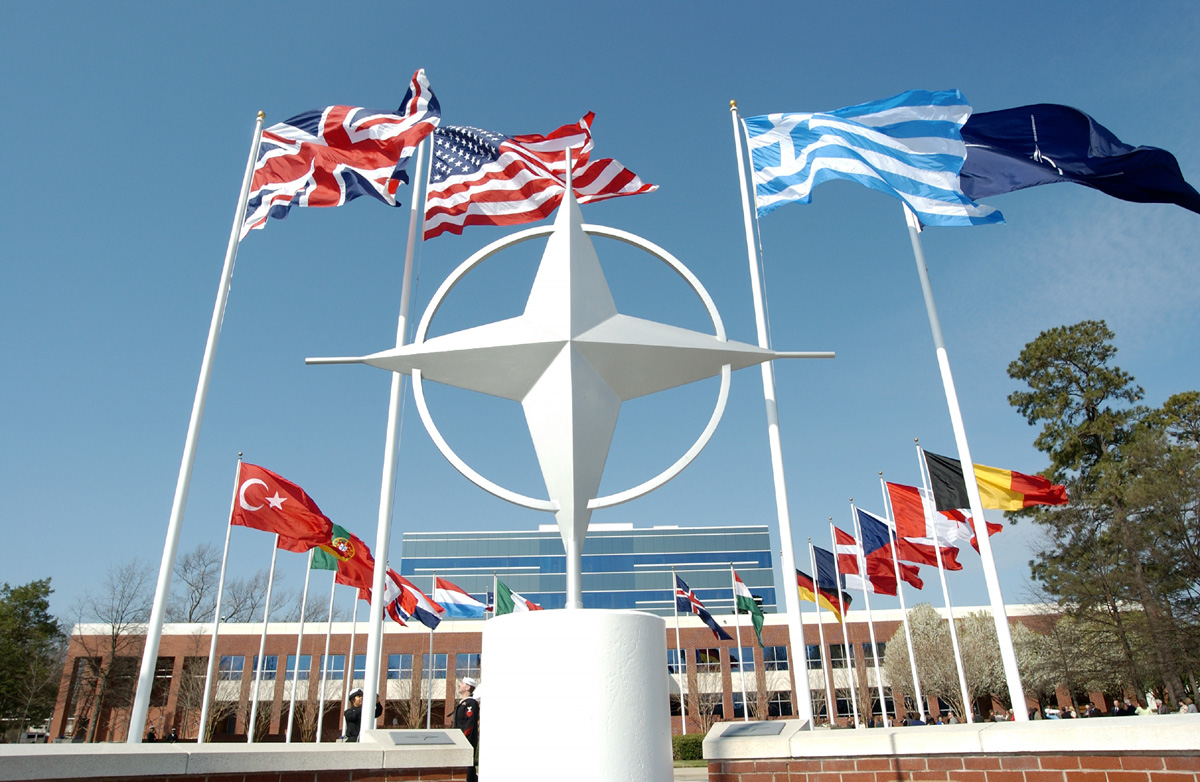 Parler
Parler Gab
Gab
2023 Paper denies dire consequences of the halt of gas flow from Russia to Germany
Before the Russian invasion of Ukraine, Germany imported a huge percentage of its gas from Moscow and many argued that the embargo would crush Germany's economy but a recent BPEA paper claimed that it found that the effects of this abrupt change were not as dire as many experts feared it would be. During a podcast, study authors Benjamin Moll and Georg Zachmann talked with Economic Studies Director Ben Harris about how Germany navigated the situation. According to Harris, the key finding in the document was the effect of the Russian gas embargo on German GDP. Those who argued against an embargo cited that it could lead to a severe recession and a six to 12 percent decline in GDP, he cited the paper. "You found that Germany's economy merely suffered a mini-recession with GDP dropping by 0.5 percent during the last winter, which was in line with your prediction of a 1 to 3 percent GDP drop relative to a no-cutoff scenario." Moll agreed saying this did have substantial costs and obviously, Germany is facing substantial headwinds. "But at the same time, catastrophic scenarios didn't materialize," he insisted. "We saw two key margins of adjustment. The first one was that Germany managed to replace a fair chunk of this Russian gas with imports from other countries. So, in third countries other than Russia, imports from Norway increased a lot but also LNG. So LNG in particular from the United States, was imported not via LNG terminals in Germany originally at least, but through the Netherlands and Belgium. So that was sort of on the supply side." They also claimed to see a large adjustment on the demand side. German gas demand decreased by a staggering 20 percent, which is a really large number, they said. And in particular for industry, gas demand by industry decreased by more than a quarter, so 26 percent since the gas cutoff in the fall of last year. Households a little less, but still 17 percent, which is a substantial number. Check out EconomicRiot.com to read stories related to faltering economies worldwide.Sources for this article include:
SeymourHersh.Substack.com RT.com Brookings.eduLawsuit charges Synagro for poisoning farms with PFAS-contaminated BIOSOLIDS “fertilizer”
By Ethan Huff // Share
Bannon threatens Fox, implies Murdoch purchased network illegally
By News Editors // Share
Fire Jens Stoltenberg now before it is too late
By News Editors // Share
Governments continue to obscure COVID-19 vaccine data amid rising concerns over excess deaths
By patricklewis // Share
Tech giant Microsoft backs EXTINCTION with its support of carbon capture programs
By ramontomeydw // Share
Germany to resume arms exports to Israel despite repeated ceasefire violations
By isabelle // Share










